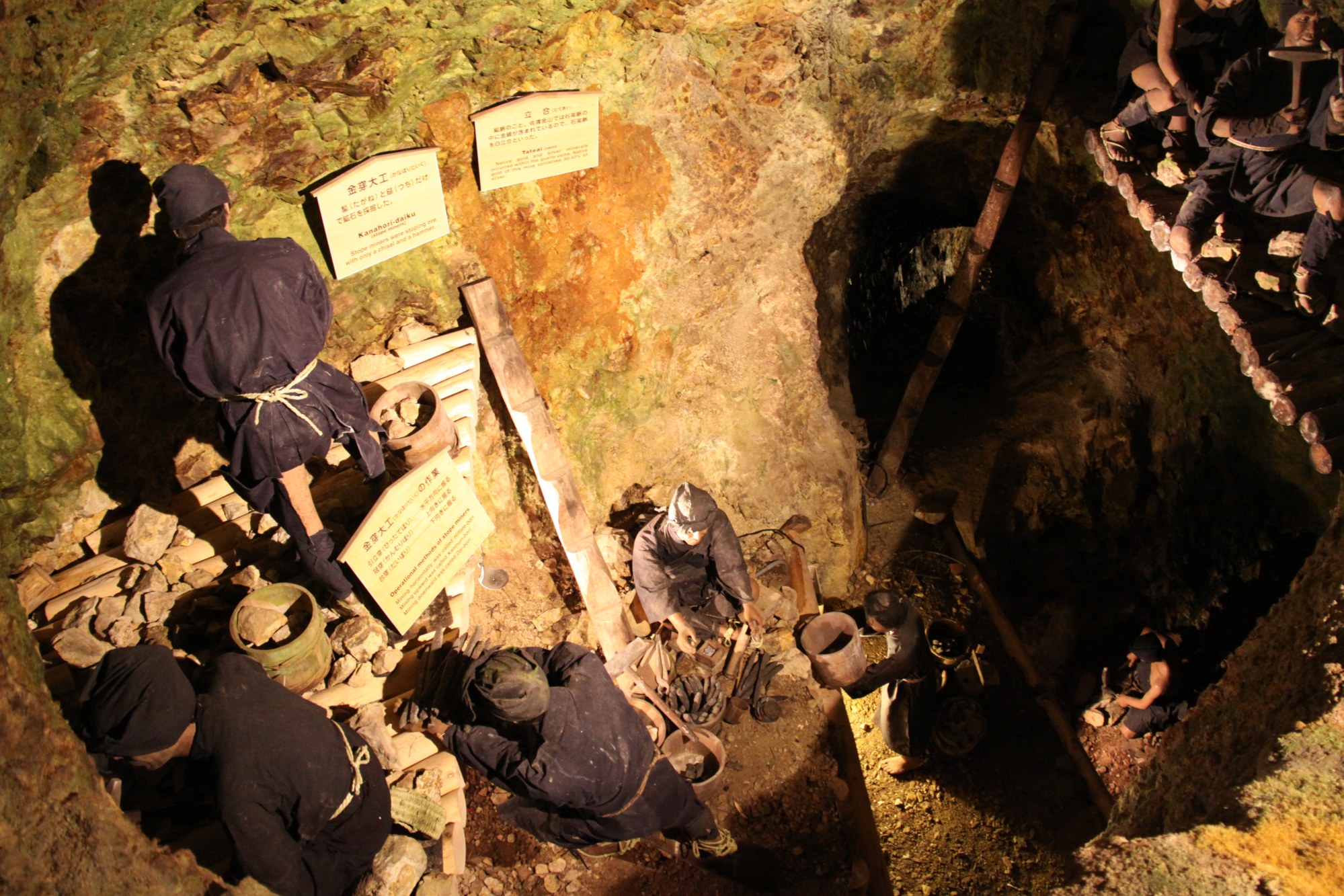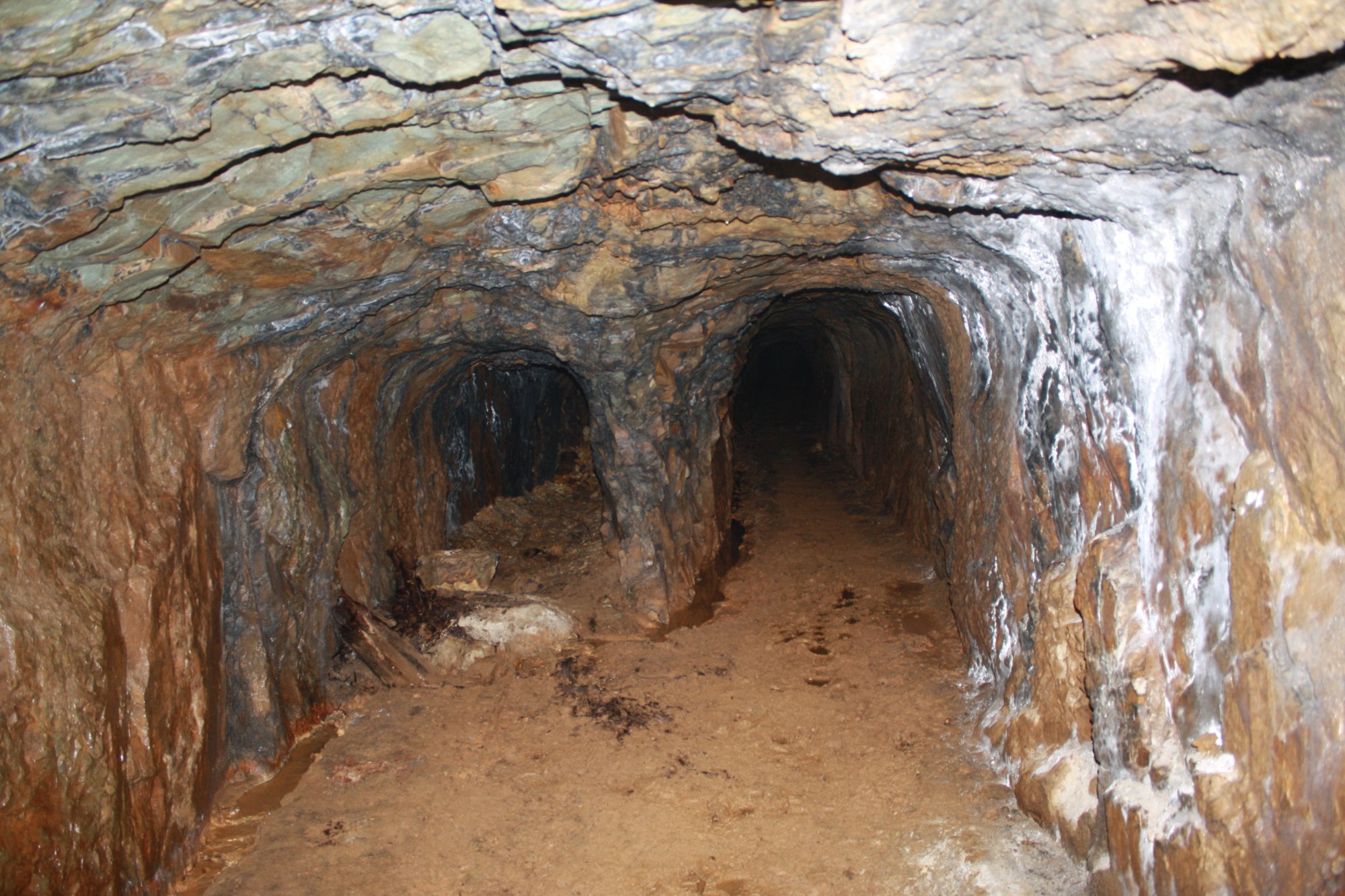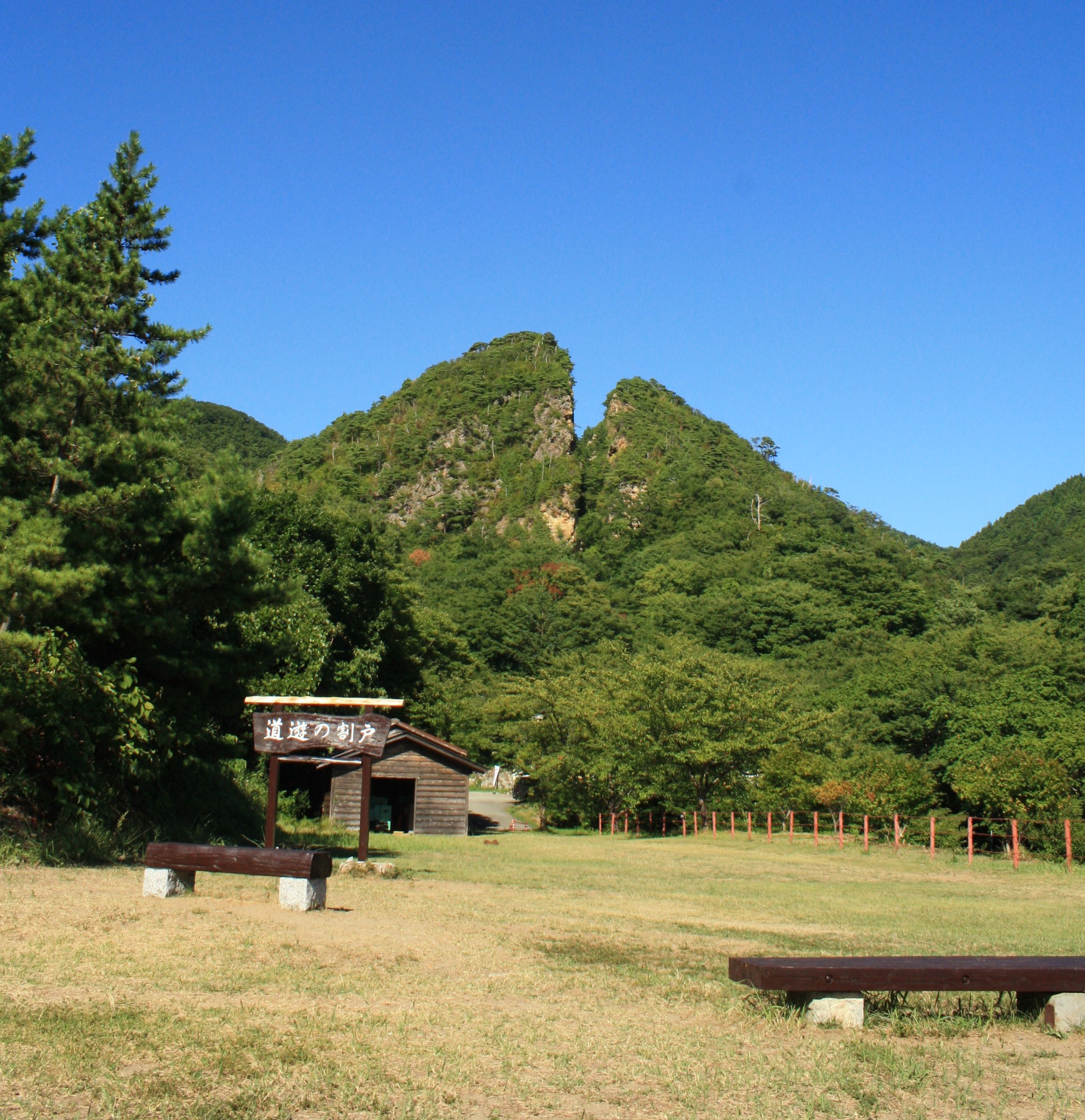
Will Japan’s Kishida be the man with the Midas touch in Unesco gold mine row with South Korea?
- Some politicians, and former prime minister Shinzo Abe, want former gold mine on Sado Island to become a Unesco World Heritage cultural site
- But Tokyo’s foreign ministry worry this may worsen relationship with Seoul, which is against listing because of forced Korean labour during colonial rule
The site was selected in December as a candidate for the listing by Japan’s agency for cultural affairs, but the announcement was immediately condemned by the South Korean government.

“Our government will sternly respond with the international community to prevent a site where workers were forced to toil against their will from being designated as a Unesco World Heritage Site without enough explanation,” said foreign ministry spokesman Choi Young-sam at the time.
An official from the Japanese embassy in Seoul was later summoned to the ministry to receive an official protest, while an editorial in The Korea Times described the proposal as a “brazen-faced move” and pointed out that Korea had complained in 2015 when a number of other industrial sites dating from the Meiji period (1868 to 1912) were added to the list, including a coal mine on Hashima Island, in south Japan’s Nagasaki Prefecture.
Seoul appears to have an unlikely ally, however, with the foreign ministry in Tokyo also reluctant for the application to proceed on the grounds that it will cause a further deterioration in Japan’s already strained relations with its neighbour.

Foreign Minister Yoshimasa Hayashi attempted to avoid a question on the issue in a press conference this week, saying, “We are conducting a comprehensive study from the perspective of what would be the most effective way to realise the registration.”
Yet Japan is also feeling pressure on another domestic front. On Tuesday, a group of conservative politicians from the ruling Liberal Democratic Party (LDP) drew up a resolution insisting the government push ahead with the Unesco application as soon as possible. The group, which includes Abe, said Japan must provide facts-based counterarguments that negate the South Korean complaints.
“Abe was prime minister the last time a Unesco listing was an issue with South Korea, but he was a fighter and he had fighters around him at that time,” said Yoichi Shimada, an academic at Fukui Prefectural University. “My worry is that Kishida appears to be wobbly on this issue and the foreign ministry is also unwilling to argue with Korea again.”

Abe may also be in part motivated to support the Unesco campaign out of “dislike” of Foreign Minister Yoshimasa Hayashi, said Shimada, as many to the right of the LDP accuse him of being weak when it comes to standing up to Japan’s rivals on the global stage.
“I think the issue is less about the importance of the Sado Island mines as historical sites but more a question of how Kishida and Hayashi respond to the complaints of South Korea,” he said. “The worry among conservatives is that if Kishida is weak on this issue, then Seoul will feel that it has the upper hand in other issues, such as the ‘comfort women’ or legal claims against Japanese companies that employed Koreans.”
China warned Japan may intervene if it invades Taiwan
According to the local government on Sado Island, part of Niigata Prefecture and off the northern coast of mainland Japan, the development of gold and silver mines began in 1601, with engineers employing cutting-edge techniques in surveying potential sites, draining mines and smelting the ore to extract the precious metals. The techniques perfected at Sado were adopted elsewhere in Japan.
The mines were sold to the Mitsubishi conglomerate in 1896 and Western mining techniques were introduced, permitting shafts to be sunk to a depth of 352 metres. Other potential locations on the list for Unesco include the local communities that grew up around the mines, although the local tourism association makes no mention of forced labourers from the Korean peninsula working at the site.
A prefectural government official told The Yomiuri newspaper it has been confirmed that Koreans did work in the mines, but it was not possible to determine whether they were forced labourers as no records have survived, while a local official said Unesco recognition would help the island’s travel industry.

Yakov Zinberg, a professor of international relations specialising in East Asian affairs at Tokyo’s Kokushikan University, said Kishida has been placed “in a very difficult position” on the issue, with domestic rivalries as important as considerations of foreign governments.
“I doubt Kishida really wants to get too deep into this matter as he already has a lot on his plate with the pandemic, but it is now becoming a bigger issue as it is being driven by Abe,” he said. “Abe wants to appeal to his far-right supporters, to remain relevant in Japanese politics and there are even suggestions that he may once again try to lead the party, so he needs something like this to stay in the public eye and preserve his popularity on the right.”

